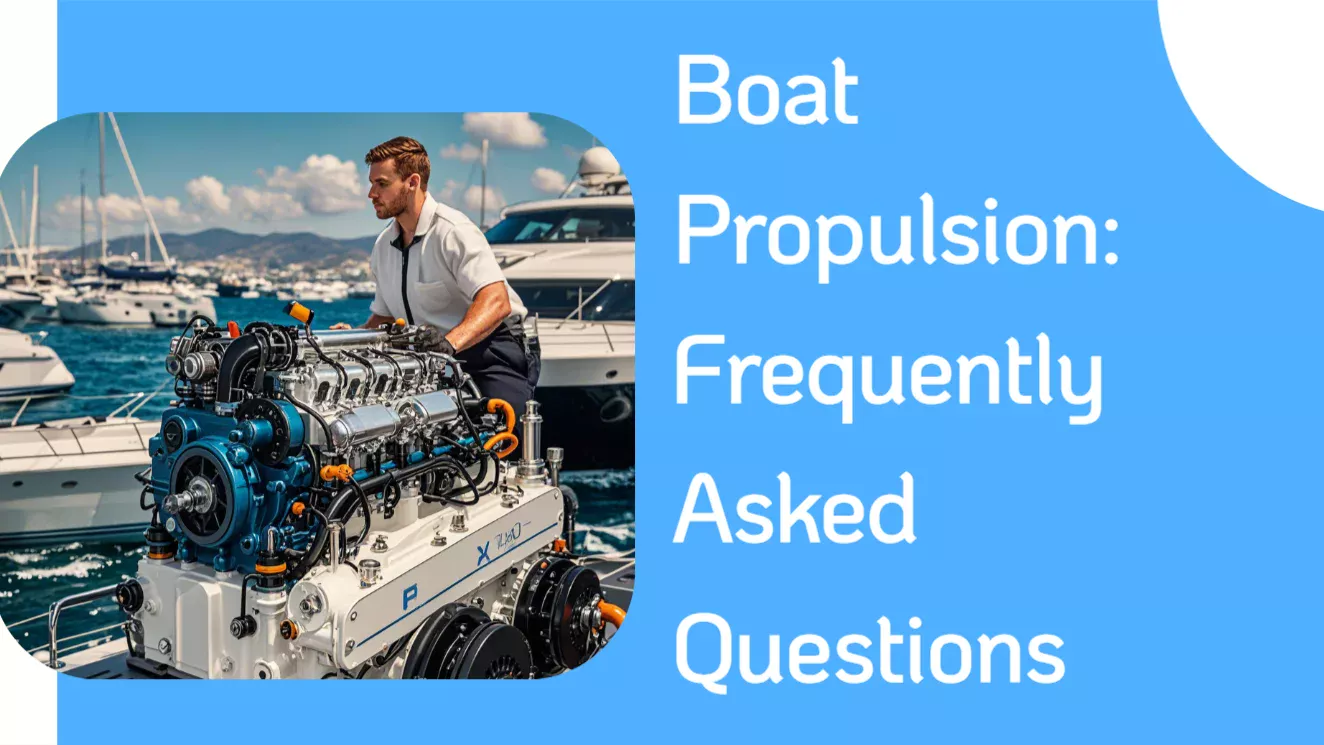Quick Answer
Boat propulsion is a critical aspect of marine engineering, encompassing various systems that enable vessels to move efficiently through water. This article explores the different types of boat propulsion systems, their costs, and factors affecting their performance. Understanding these elements can help boat owners make informed decisions about their propulsion needs.
[BUTTON: ]
Introduction
Boat propulsion is essential for the operation of any vessel, whether it be a small recreational boat or a large commercial ship. The choice of propulsion system can significantly impact fuel efficiency, maintenance costs, and overall performance. With advancements in technology, options like electric marine engines and hybrid systems are becoming increasingly popular. This article addresses common questions about boat propulsion, including types of systems available and their associated costs.
Marine Main Propulsion Prices: How Much Does Marine Main Propulsion Cost in 2024?
Hydraulic Steering for Boats Installation: A Comprehensive Guide
Install Hydraulic Steering On A Boat: Frequently Asked Questions
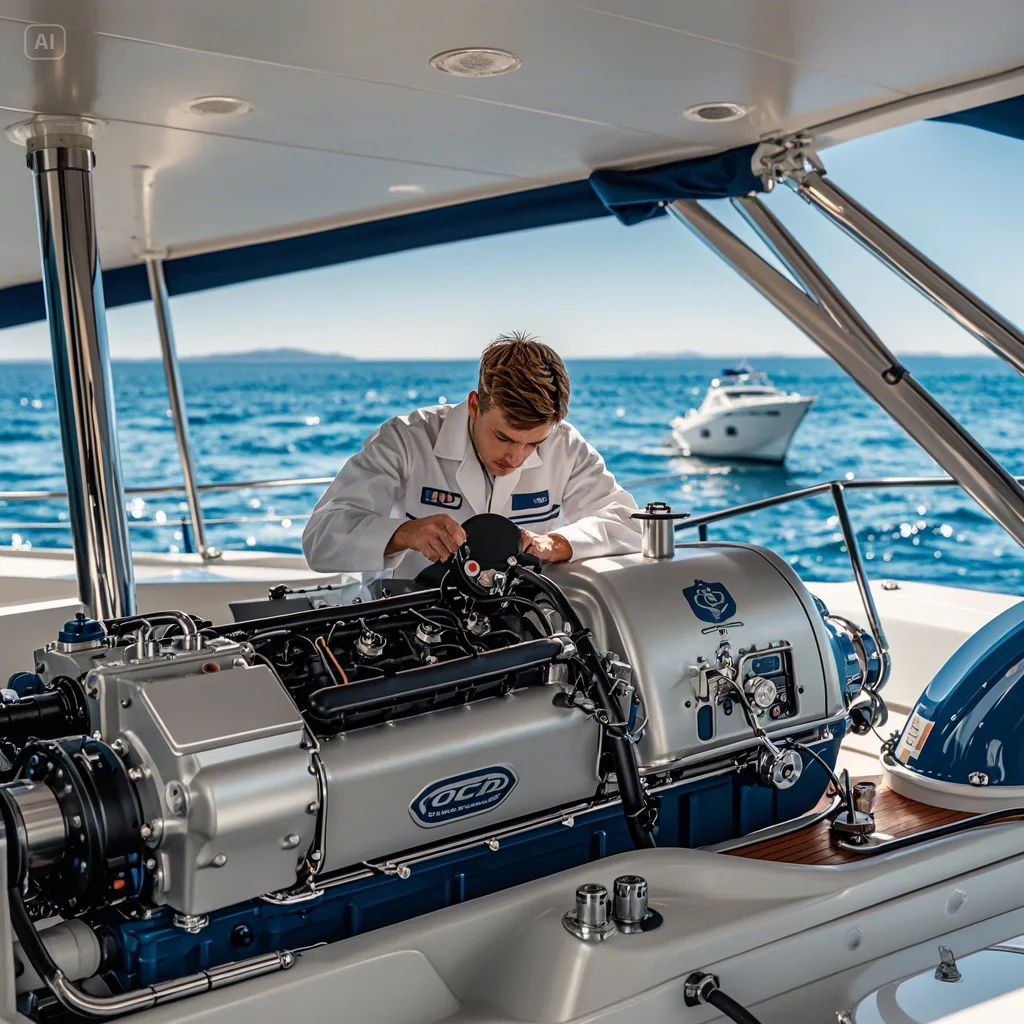
Frequently Asked Questions
1. What is Boat Propulsion?
Boat propulsion refers to the mechanisms and systems used to move a vessel through water. This includes traditional methods such as marine diesel propulsion and modern technologies like electric boat propulsion systems. Various types of propulsion systems are available, each with unique advantages and disadvantages.
[CATALOG_LINK]
2. How much does Boat Propulsion cost?
The cost of boat propulsion systems can vary widely based on the type and size of the system. Here are some average price ranges:
| National average cost | $50,000 |
|---|---|
| Low-end cost range | $20,000 – $30,000 |
| High-end cost range | $80,000 – $150,000 |
These prices reflect costs for different types of propulsion systems, including diesel electric marine propulsion systems and hybrid marine engines.
Marine Hybrid Engine: A Comprehensive Guide
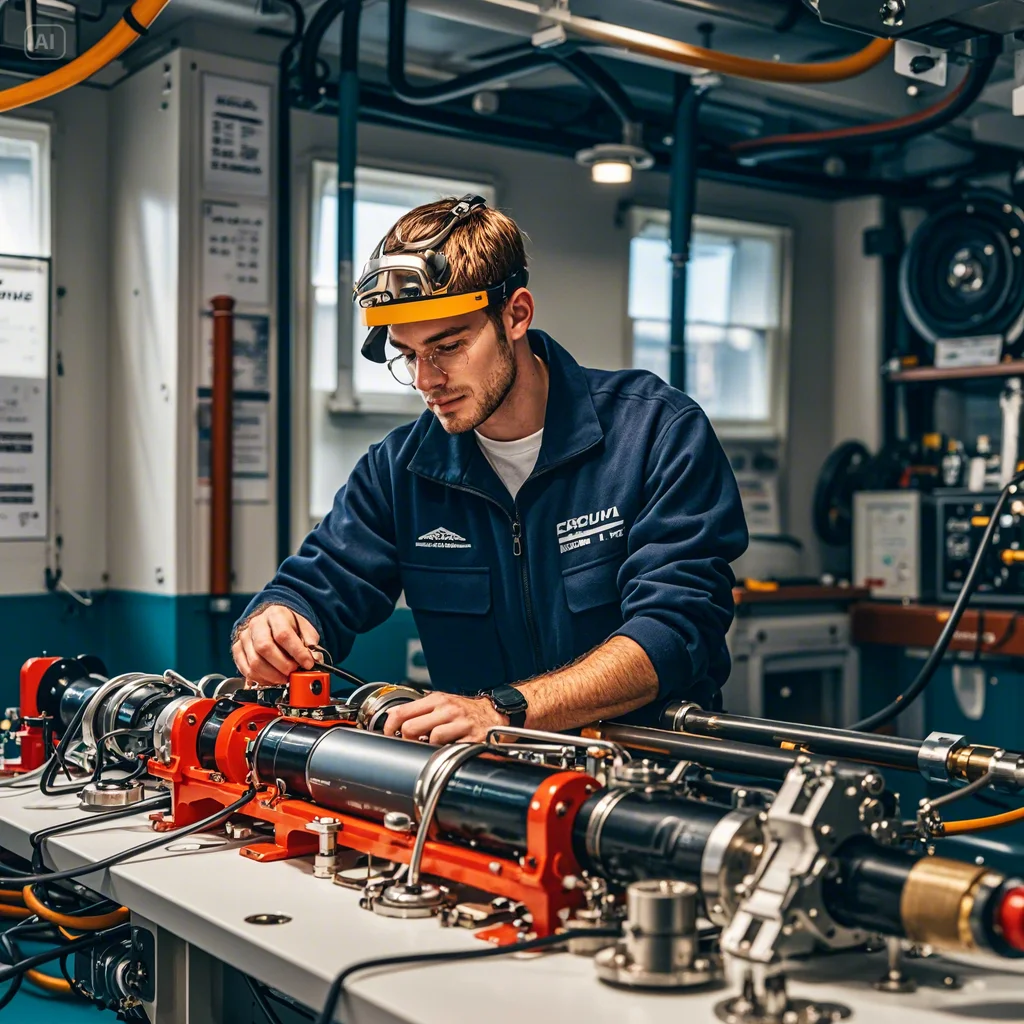
3. What factors affect Propulsion quality?
Several key factors can influence the quality of boat propulsion systems:
- Type of Engine: The choice between diesel engines, electric marine engines, or hybrid systems affects performance.
- Maintenance: Regular maintenance is crucial for ensuring the longevity and efficiency of the propulsion system.
- Design: The design of the vessel’s hull and propulsion system can impact overall performance.
Outboard Motor Components: A Comprehensive Guide to Sourcing and Installation
4. What are the benefits of electric boat propulsion?
Electric boat propulsion offers several advantages over traditional diesel engines:
- Environmental Impact: Electric systems produce zero emissions during operation.
- Noise Reduction: Electric motors operate quietly compared to diesel engines, enhancing the boating experience.
- Lower Operating Costs: Electric systems often have lower maintenance costs due to fewer moving parts.
These benefits make electric boat propulsion an attractive option for environmentally conscious boaters.
[CATALOG_LINK]
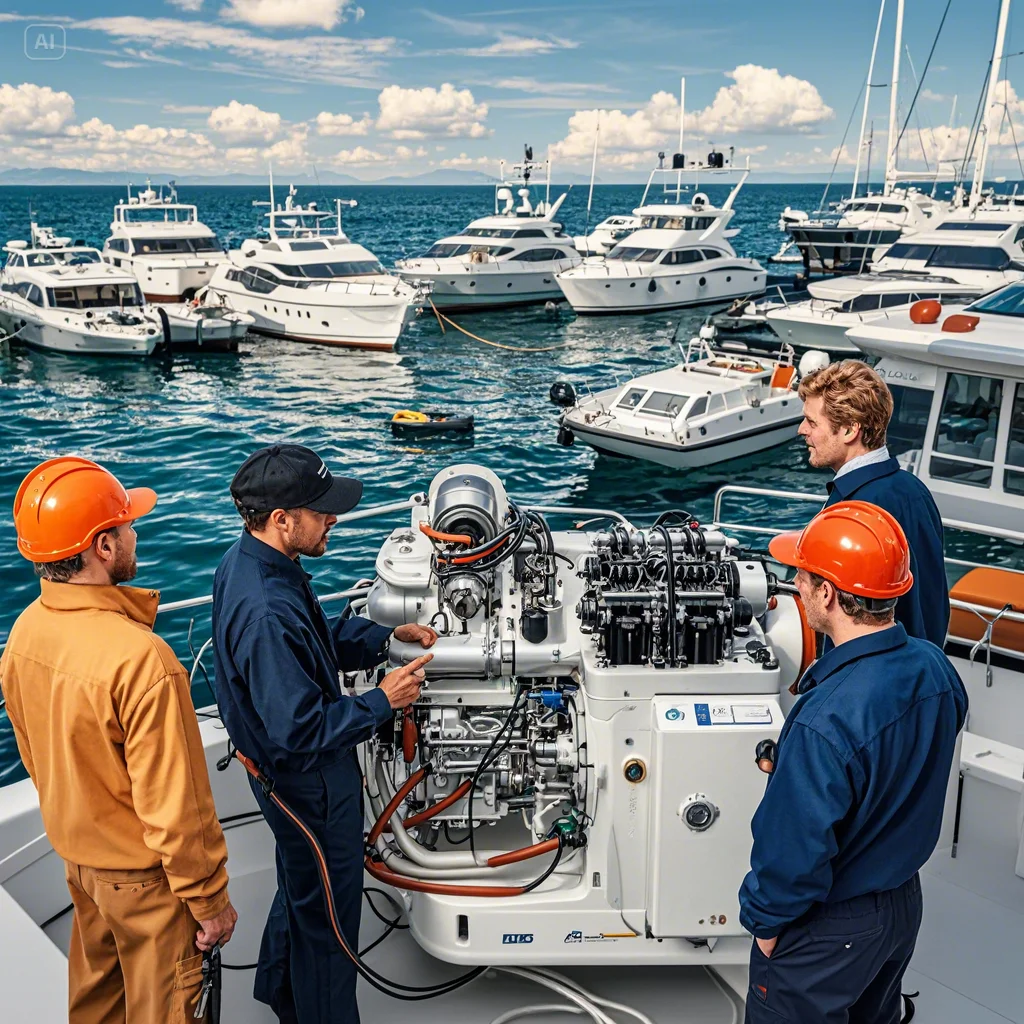
5. How do hybrid marine engines work?
Hybrid marine engines combine traditional diesel engines with electric power sources to optimize performance. These systems allow vessels to operate efficiently at low speeds using electric power while relying on diesel engines for higher speeds or longer distances. This flexibility can lead to significant fuel savings and reduced emissions.
Money-Saving Tips
Here are some tips to help you save money on propulsion:
- Invest in Regular Maintenance: Keeping your system well-maintained can prevent costly repairs down the line.
- Consider Fuel Efficiency: Choose a propulsion system that maximizes fuel efficiency to reduce operating costs.
- Explore Hybrid Options: Hybrid marine propulsion systems can offer long-term savings by reducing fuel consumption.
[BUTTON: ]
Additional Resources
- Boat Mechanical Steering: A Comprehensive Guide to Installation
Outboard Motor Parts: A Comprehensive Guide to Installation and Maintenance
Outboard Engine Parts Near Me: A Comprehensive Guide to Sourcing and Installation
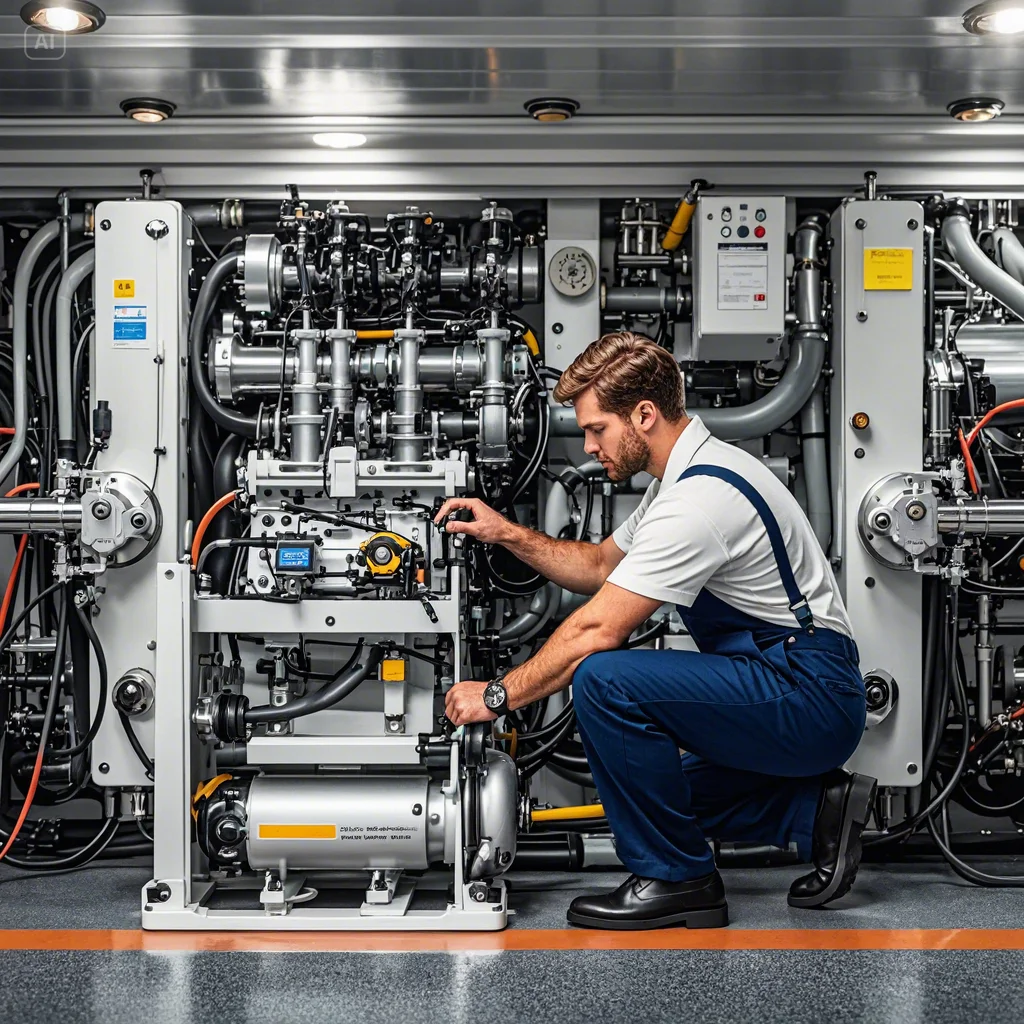
Conclusion
In conclusion, understanding propulsion is crucial for any vessel owner looking to optimize their boating experience. With various options available—from traditional marine diesel engines to advanced electric and hybrid systems—it’s important to consider your specific needs and budget when selecting a propulsion system. Regular maintenance and informed choices can lead to significant savings and improved performance over time.
[CATALOG_LINK]
[BUTTON]

